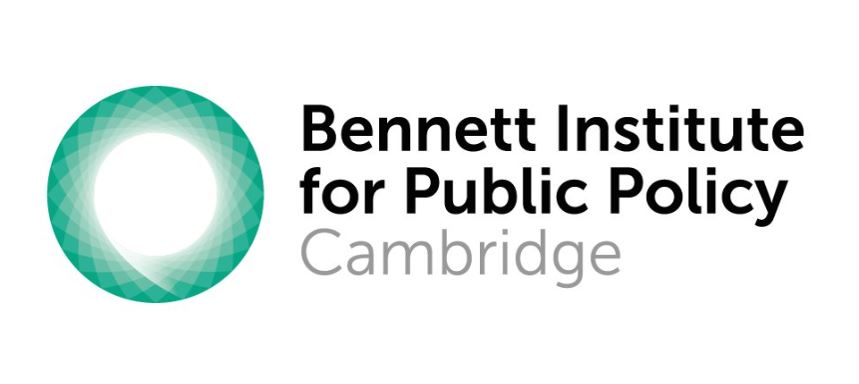The Many Dimensions of Wellbeing
Why and how wellbeing varies for different groups in society

Wellbeing public policy requires good-quality, reliable and representative measures of wellbeing. These measures of progress should go beyond GDP and there are already good alternatives out there such as the ONS4 personal wellbeing measures.
In this project, with funding from the ESRC and together with the Bennett Institute for Public Policy under the leadership of Professor Diane Coyle, we explored two streams of work focusing on how wellbeing is experienced for different societal groups.
Led by Dr. Matthew Agarwala and Marco Felici, the first strand focused on understanding how the ONS4 life satisfaction measure works in action.
They used a quantitative approach to explore the relationship between wellbeing – as measured by life satisfaction – and higher education, and build our understanding of how people’s wellbeing varies considerably across the UK.
This work is the first in the UK to investigate the relationship between wellbeing and higher education at this scale, analysing secondary data from the Community Life Survey (2012-2017) and the British Household Panel Survey (1991-2019).
Key insights
This research demonstrates the need to shift focus away from national averages, as aggregate results can hide nuances that matter for strong, representative policy without telling us what to change.
The data reveals that the relationship between education and wellbeing varies across types of place (such as cosmopolitan, rural, and hard-pressed living) and across the life satisfaction spectrum. Policies in both education and wellbeing need to be sensitive to these nuances. There is no ‘one size fits all’ option.
For further details and insights, explore the full report and briefing resources below.
Led by Dr. Anna Alexandrova and Dr. Mark Fabian, the second strand used qualitative and participatory methodologies to explore how specific groups of society, under specific life circumstances, define wellbeing and associated metrics.
Key insights
Through a series of interviews and workshops with the charity Turn2Us and people with lived experience of financial hardship, the research found that adverse life experiences can change our value judgments around ‘living well’ and what means to thrive.
Specifically, citizens in poverty, or at risk of poverty, emphasised the role of:
- freedom and autonomy;
- satisfaction of basic material needs;
- overcoming cultural expectations and stigma;
- having friends, family and a community.
Additional aspects they emphasised are unique to their context were:
- having advocates and straightforward access to the welfare system;
- avoiding marginalisation and oppression;
- having space to take risks to explore skills and activities that fulfil them.
From this exercise, the team co-produced a ‘theory of thriving’:
- having the means is the most fundamental stage
- entering into a process of self-knowledge (learning how to use the means) is the second necessary thing to happen
- recognising where you are at by identifying outcomes such as autonomy, purpose and relationships.
Co-producing measures of wellbeing that are relevant to Turn2Us and other specific contexts will be crucial to democratising wellbeing public policy.
Improving understanding of wellbeing in a particular contexts improves the nuance, sophistication, and sensitivity of wellbeing policy in that area, and helps wellbeing policy to develop from the ‘bottom up’, going beyond conventional economic measures of success.
Discover the full details in the discussion paper below.
![]()
[gravityform id=1 title=true description=true ajax=true tabindex=49]


